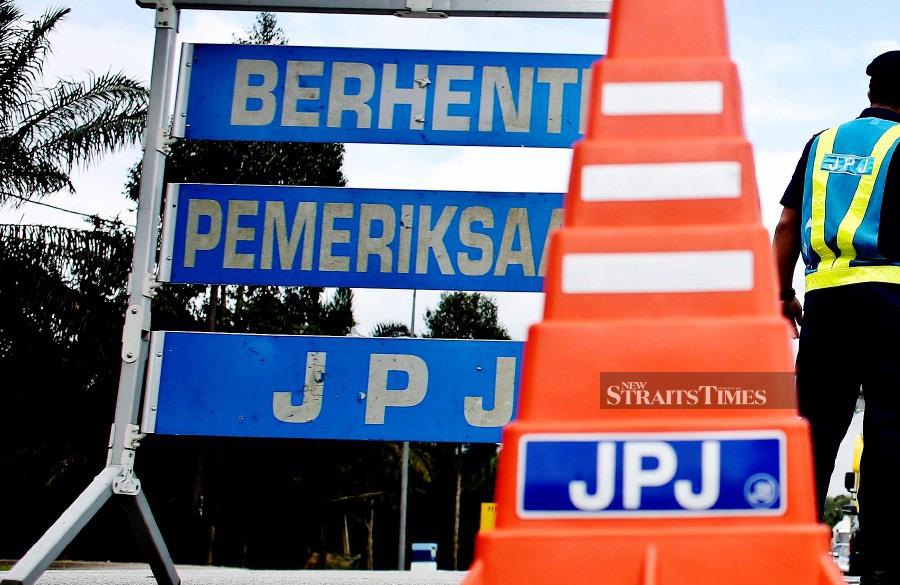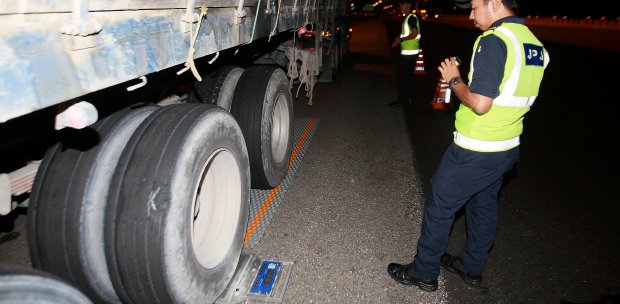SEARCH for "RTD corruption" on the Internet and you will find flabbergasting news headlines.
There is a long list of Road Transport Department personnel who have been hauled to court for illicit payments, inducements and bribery. Here are some of the transgressions: illicit payments not to act against errant lorry drivers and transport companies, otherwise known as the lorry protection racket.
Vehicle inspectors allowing vehicles a free pass despite dodgy roadworthiness. And, of course, the "lesen terbang" or "flying licence" racket: learner drivers securing driving licences without taking examinations or driving tests with a RM2,000 to RM3,500 "fee".
At last count, there were at least 14,000 of these licences out there, but over the decades, who knows how many hundreds of thousands have made their way to the highways.
To beat the sham, the RTD has pioneered eTesting, a supposedly foolproof computerised system that seeks to stop the racket.
The eTesting system's electronic driving test compels learner drivers to take regular driving tests or do it in cars outfitted with sensors tracked by RTD officers. This eliminates the human — if testers and learner drivers do not interact, they can't scrabble a bribe. At least that's the idea.
The programming appraises candidates dispassionately, with no wiggle room for mistakes. But is the system entirely foolproof? Like all software, it is as unbeatable as the people who programme it.
Still, the RTD must guarantee a key safeguard: testers, especially officers systematically probing for system vulnerabilities.
It has come to this. The RTD is finding more creative solutions to combat corruption. This time, it is using technology. Nevertheless, eTesting is still a small solution to the RTD bribery problem. Officers on the take are usually small fries, just the bottom feeders of the enforcement bribery ecosystem that rakes in hundreds of millions of ringgit annually.
It's unsurprising that miscreants go to great lengths to preserve the racket because the hush money is too big to ignore. Anytime a government department provides counters for payment of fees and fines, reinforced by a highly organised army of enforcers, the temptation of bribes is seductive.
The hundreds of thousands of "flying licences" that may have been issued over the decades may have created a scary number of inept drivers. There's a good chance that holders of these "flying licences", who may have a poor understanding of driving etiquette, traffic signs and road rules, have sparked fatal traffic accidents.
The long-term consequences are incalculable. The socio-economic and healthcare costs alone must be huge. In the coming years, we hope to read reports that eTesting is trustworthy and "unhackable", ready to be reworked and applied in other enforcement agencies, too.





